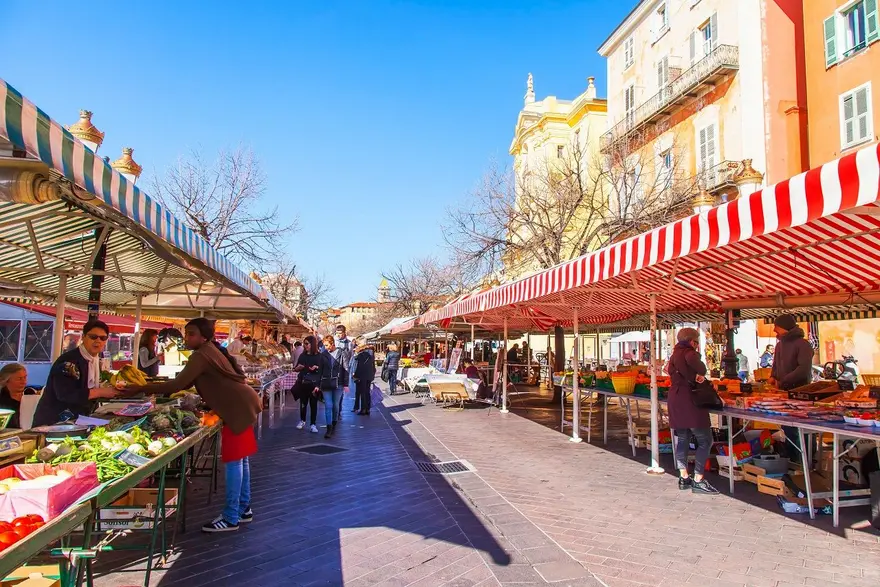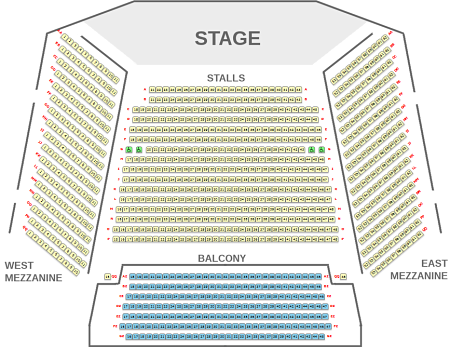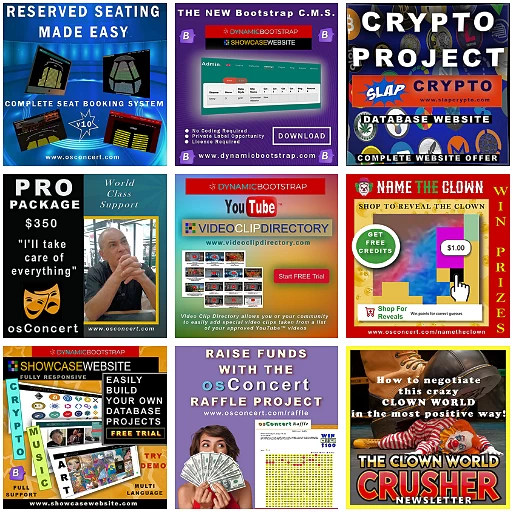
Preserving the Magic of Local Markets:
Introduction:
The Timeless Charm of Global Bazaars and Fairs
Across the world, vibrant bazaars, bustling fairs, and lively markets continue to be the heartbeat of local communities. These real-life gatherings are not just places of commerce but hubs of cultural exchange, where tradition meets innovation, and the spirit of the local community comes alive. However, in an era dominated by sterile shopping malls and chain stores, the existence of these cherished markets is increasingly threatened. This article explores the rich diversity of markets around the globe, the unique produce they offer, and the urgent need to preserve these cultural treasures.
The Rich Tapestry of Market Types Across Regions
Local markets come in many forms, each reflecting the culture and needs of the region. In Asia, bustling markets like Bangkok's Chatuchak Weekend Market and Morocco's labyrinthine Marrakech Souks are known for their diverse offerings, from handwoven textiles to aromatic spices. Europe boasts historic markets such as Borough Market in London and La Boqueria in Barcelona, famous for gourmet foods and artisanal goods. In Africa, markets like Ghana’s Kejetia Market and Dakar’s Marché de Sandaga are central to community life, offering everything from fresh produce to handmade crafts.
Each region’s markets are as diverse as the cultures they represent. From the flea markets of North America, such as Portobello Road Market in London, to the vibrant farmers' markets of Australia like Queen Victoria Market in Melbourne, these local markets are as varied as the climates and cultures that produce them.
Traditional Fairs vs. City Markets: A World of Difference
Traditional fairs, often held in rural settings, focus on locally produced goods and seasonal offerings. These markets are deeply connected to the rhythms of nature and local traditions. Visitors to these fairs can expect to find handcrafted items, organic produce, and regional delicacies that are often unavailable in urban centers. In contrast, city markets, while bustling and diverse, often cater to a broader audience and may include a mix of local and international goods. However, city markets like Paris’s Marché des Enfants Rouges or New York’s Union Square Greenmarket still retain a focus on quality and authenticity, offering a unique blend of tradition and modernity.
Tourism and Markets:
A Symbiotic Relationship
Tourism plays a significant role in sustaining many of the world’s most famous markets. Markets like Marrakech’s Djemaa el-Fna and Mexico City’s Mercado de La Merced are major tourist attractions, drawing visitors from around the globe. These markets offer travelers an immersive experience of local culture, allowing them to engage directly with artisans, taste regional foods, and take home unique souvenirs. The tourism industry often supports these markets through promotion and infrastructure development, recognizing their value as cultural and economic assets.
The Threat to Local Markets and the Fight for Preservation
Despite their popularity, local markets face numerous challenges, including competition from large retail chains, gentrification, and changing consumer habits. Modern shopping malls, with their controlled environments and uniform offerings, often lack the character and vibrancy of traditional markets. The sterile, fast-paced atmosphere of these malls contrasts sharply with the lively, community-oriented nature of local markets, where every stall tells a story, and every product is a testament to cultural heritage.
Preserving these markets is essential not only for maintaining cultural diversity but also for supporting local economies. Markets are often incubators for small businesses and artisans, providing them with a platform to reach customers directly. The loss of these markets would mean the disappearance of traditional crafts, local foods, and the unique cultural experiences they offer.
Revitalizing Communities and Forgotten Trades
There is still time to act. Communities around the world are recognizing the importance of revitalizing local markets and preserving traditional trades. Efforts are being made to restore historic markets, promote sustainable practices, and encourage the creation of new markets that reflect the needs and values of modern society while staying true to cultural roots. These initiatives often involve collaboration between local governments, communities, and entrepreneurs, who see the potential in these markets not just as commercial spaces but as cultural and social hubs.
Inspiring the Next Generation
One of the most powerful ways to preserve local markets is by inspiring younger generations to appreciate and engage with them. Special markets, particularly those held outside of urban environments, offer a unique opportunity for young people to connect with nature, learn about traditional crafts, and experience the vibrancy of community life. By fostering a love for these markets, we can ensure that the traditions and trades they represent continue to thrive.
Conclusion:
The Enduring Magic of Local Markets
Local markets are more than just places to shop; they are living, breathing embodiments of culture, history, and community. As long as people are inspired to participate in and support these markets, they will continue to thrive. Whether through direct participation, preservation efforts, or simply spreading the word, we all have a role to play in ensuring that these markets remain vibrant, dynamic spaces that connect us to our past and guide us into the future.
By preserving and revitalizing local markets, we are not only protecting cultural heritage but also promoting sustainability, supporting small businesses, and enriching our communities. The magic of local markets is timeless, and with collective effort, it can continue to inspire and sustain us for generations to come.
Market Stall Booking Software
Own your own market stall booking software completely.
Control your own pricing and 'Keep Your OWN Profits'.
osConcert is helping vendors across the world take control of their data and prices. Stop allowing global ticketing companies overcharge your customers with unecessary fees. This alone is killing your business.
Let me show you how you can manage your market stall events and make them profitable.
Market Stall Mapping, Street Mapping or General Admission Events: Everything is configurable.











